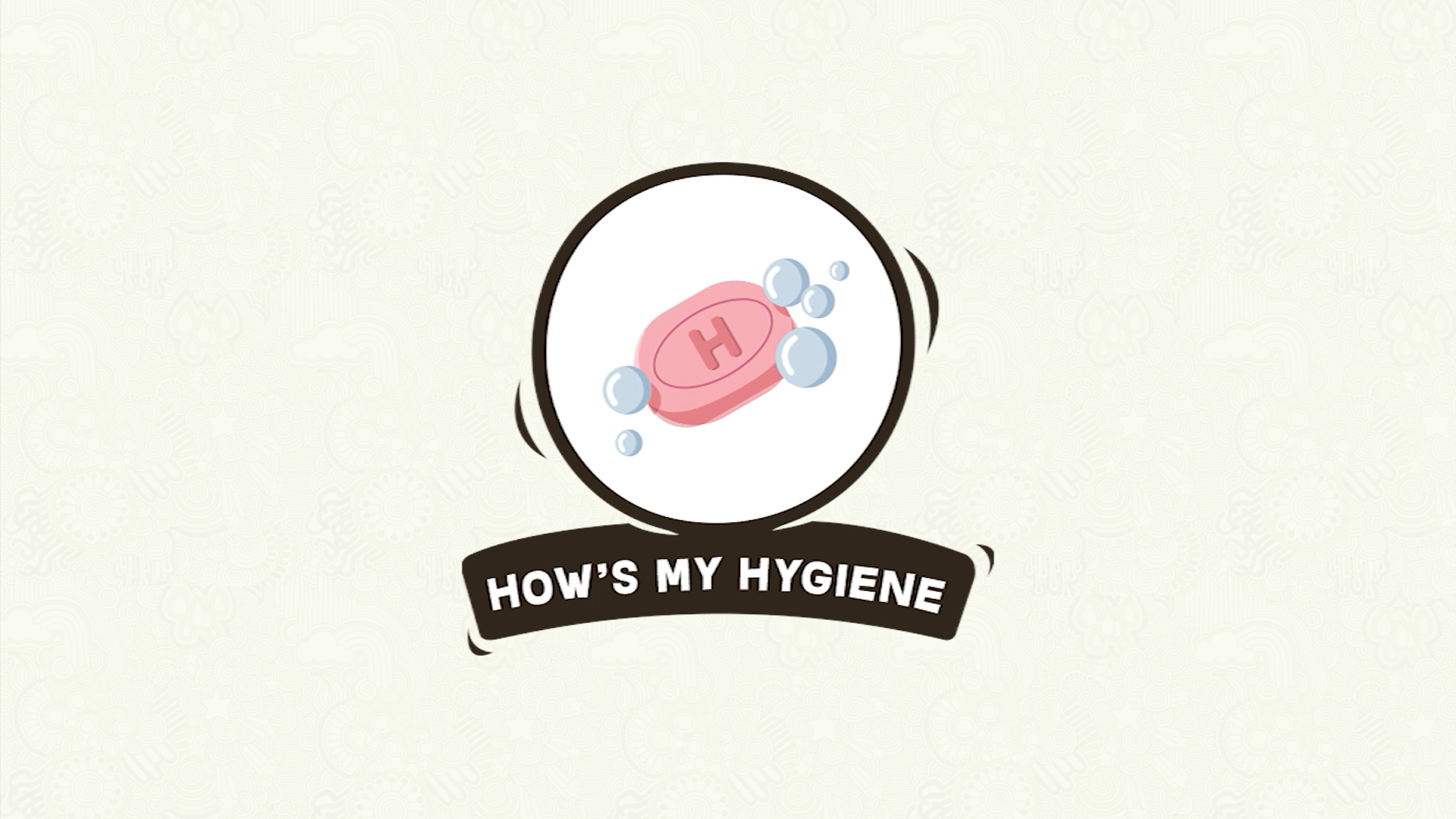
Introduction
Teaching good hygiene to PreK students is essential for their overall well-being and social development. Good hygiene practices keep children healthy and help them feel comfortable around others. It is crucial to instill these habits early in life, as they can significantly impact a child’s future interactions and relationships. This blog post will discuss a no-prep activity, discussion questions, and related skills to help educators teach good hygiene to young students effectively.
No-Prep Activity: The Hygiene Routine Game
This fun and engaging activity requires no preparation or materials from the educator. The objective is to help children understand the importance of daily hygiene practices and learn the steps involved in maintaining good hygiene.
- Have the students sit in a circle.
- Explain the importance of good hygiene and provide examples of daily hygiene practices, such as washing hands, brushing teeth, and wearing clean clothes.
- Start the game by performing the first hygiene practice (e.g., pretend to wash your hands) and say, “I’m washing my hands.”
- Ask the student to your left to repeat your action and add a new hygiene practice (e.g., pretend to brush their teeth) while saying, “I’m washing my hands and brushing my teeth.”
- Continue around the circle, with each student repeating the previous hygiene practices and adding a new one.
- If a student forgets a hygiene practice, they can ask for help from their peers or the educator.
- The game continues until all the essential hygiene practices have been incorporated.
This activity helps reinforce the importance of daily hygiene practices while encouraging teamwork and communication among students.
Discussion Questions
These questions are designed to stimulate further discussions about good hygiene practices with PreK students:
- Why is it important to keep our bodies clean?
- How do you feel when you are clean and well-groomed? How do you think others feel around you?
- What can happen if we don’t practice good hygiene every day?
- Can you think of any other hygiene practices that we should include in our daily routines?
- How can we help each other remember to practice good hygiene every day?
Related Skills
Teaching good hygiene practices to PreK students also contributes to the development of other essential skills:
- Self-awareness: Understanding the importance of cleanliness and recognizing personal hygiene needs.
- Self-management: Developing a daily hygiene routine and maintaining it consistently.
- Social awareness: Recognizing the impact of personal hygiene on others and understanding social norms related to cleanliness.
- Responsible decision-making: Making informed choices about hygiene practices to promote personal and community well-being.
Next Steps
Now that you have learned about the importance of teaching good hygiene to PreK students, it’s time to put these ideas into practice. To help you get started, we invite you to sign up for free samples of our skill-based activities and resources. These materials are designed to support educators in teaching essential social-emotional skills, including good hygiene practices, to young learners effectively. Don’t miss this opportunity to make a positive impact on your students’ lives!





